Lead Research Communicator
Malcom is a lead research communicator for Michigan Medicine and research communications strategist for the U-M Medical School, with more than 20 years of experience in strategic communications, marketing, and health and science writing. She covers the basic science departments, pulmonary and critical care medicine, infectious disease, pathology and anesthesiology. Contact: [email protected]

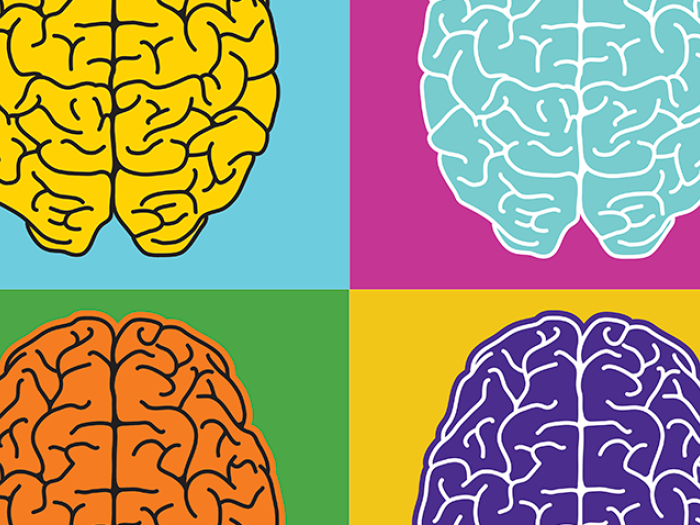
Health Lab
A study in rats has revealed the presence of naturally occurring dimethyltryptamine (DMT), an increasingly popular hallucinogen.

Health Lab
A U-M patient with cystic fibrosis is making an impact, raising awareness and money to improve the lives of people who have the inherited, chronic disease.

Health Lab
People with chronic pain or fibromyalgia who engage in low-risk drinking habits report fewer symptoms and improved function than teetotalers.
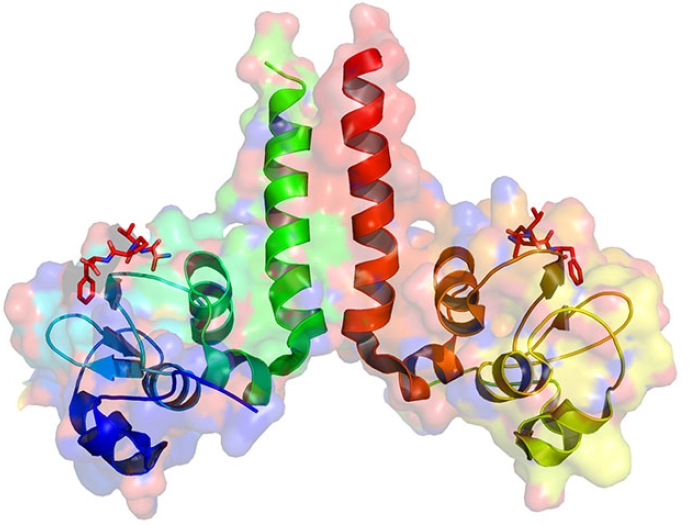
Health Lab
U-M researchers lead the field in successful protein creation, a tactic that could lead to a newer, more effective class of drugs.

Health Lab
Regulation of genes by noncoding DNA might help explain the complex interplay between our environment and genetic expression.
News Release
The U-M Board of Regents announced the appointment of Ganesh S. Palapattu, M.D., FACS as chair of Michigan Medicine’s Department of Urology. He replaces outgoing chair David Bloom, M.D., who served for 12 years. Palapattu began his role on February 1.

Health Lab
New study seeks to understand whether people are using cannabis for evidence-based reasons
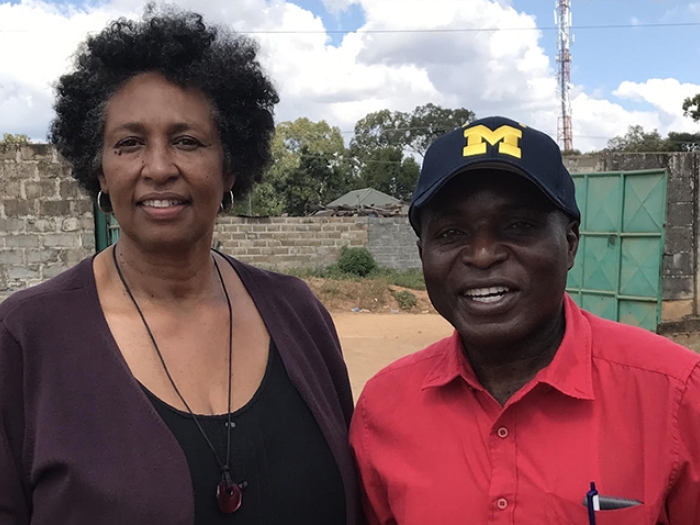
Health Lab
An enterprising science-based education program enlists clergy to help spread the word about HIV prevention and treatment.
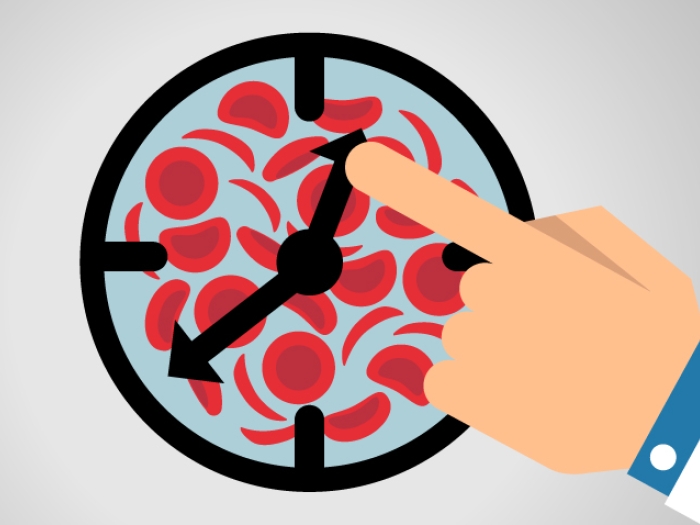
Health Lab
Reactivating genes normally active before birth could prevent the harmful effects of a blood disorder with few treatment options.

Health Lab
With the help of a new human embryonic stem cell line, researchers make initial strides toward treatment for the genetic mutation.

Health Lab
A long-standing puzzle about long-term memory processing may be solved. The method: monitoring the brain activity of sleeping rats after they complete a new maze.

Health Lab
A deeper dive into genomic data can enable scientists to identify previously unrecognized differences between tumor cells.
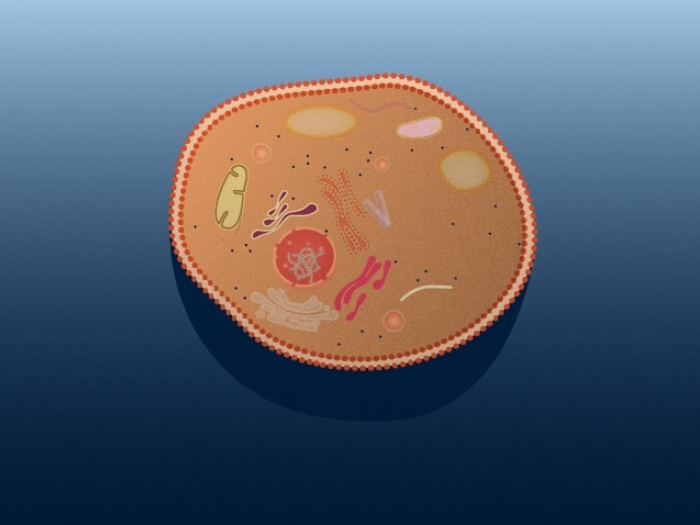
Health Lab
Researchers develop a mathematical model of a cell’s response to disease-causing unfolded proteins.

Health Lab
Researchers offer potential solutions for scaling-up increasingly popular remote healthcare services.
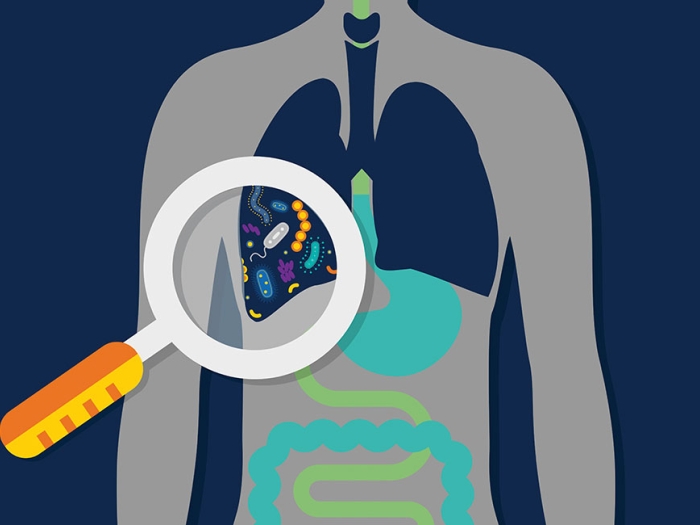
Medicine at Michigan
Lung bacteria might play a bigger role than once thought